The views expressed in our content reflect individual perspectives and do not represent the authoritative views of the Baha'i Faith.
The city of Akka had been the scene of some of the most dramatic events in the ministry of Baha’u’llah.
Over the course of some nine years, the humiliating circumstances of his arrival and his days within the citadel gave way to relative freedom. The hatred on the part of the public changed to genuine esteem. The Baha’is were not subjected to the same abuses as when they first arrived, and most were now pursuing gainful trade and employment. These developments marked yet another instance of a recurring pattern whereby crisis was transformed into victory.
Nonetheless it could not be said that life in the city was pleasant. For one thing, Baha’u’llah had been a lifelong lover of nature. As a young man he had loved horseback riding and the countryside. Akka, utterly barren, afforded not so much as a glimpse of greenery. When nine years had gone by he made a remark about this. Abdu’l-Baha, deeply touched by this comment, took steps to secure a location in the countryside for him to reside. When Baha’u’llah left Akka to take up residence there, he met no opposition from the authorities, even though the sultan’s decree was still nominally in force.
Baha’u’llah would reside at this place in the countryside for two years. Then an opportunity came to rent, and later purchase, another more spacious home not far away. The mansion was located in the vicinity of a garden known as Bahji, meaning “Delight,” and the Baha’is came to call it by that name. The original owner had fled the area after an outbreak of plague. Bahji would be Baha’u’llah’s residence from 1879 until his passing some thirteen years later.
The mansion of Bahji was near the city of Akka, but it was surrounded by natural beauty. Among its pleasant features was a stand of tall pines, some of which are still there today. From his room on the second floor of the mansion he could see the Mediterranean Sea and, in the distance, Mount Carmel.
Although Baha’u’llah was nominally still a prisoner, this change in circumstances was no less than miraculous. He and His companions had arrived in Akka only a few years before, condemned to perpetual imprisonment within the citadel. They had been met with jeers and insults and made to suffer the harshest privations imaginable. At that time few observers would have predicted a complete reversal of the situation. Yet in the earliest days after their arrival Baha’u’llah had written:
Fear not. These doors shall be opened. My tent shall be pitched on Mount Carmel, and the utmost joy shall be realized.’” – Baha’u’llah and the New Era, p. 34.
And so it was. At Bahji Baha’u’llah occasionally received prominent persons of all kinds who came with humble spirit to partake of his wisdom and his kind hospitality. He now enjoyed a prestige that excited consternation in his foes and awe in his friends. It was almost as if the tribulations of only a few years before had been blotted from memory. Thus did the long established pattern assert itself yet again, transforming abasement into conspicuous glory and defeat into undeniable victory.


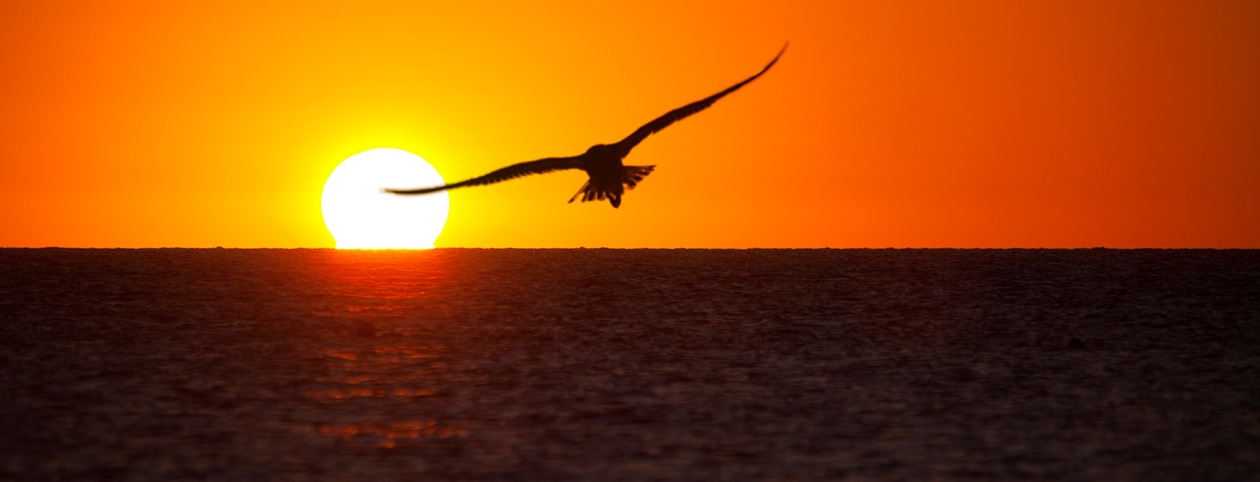
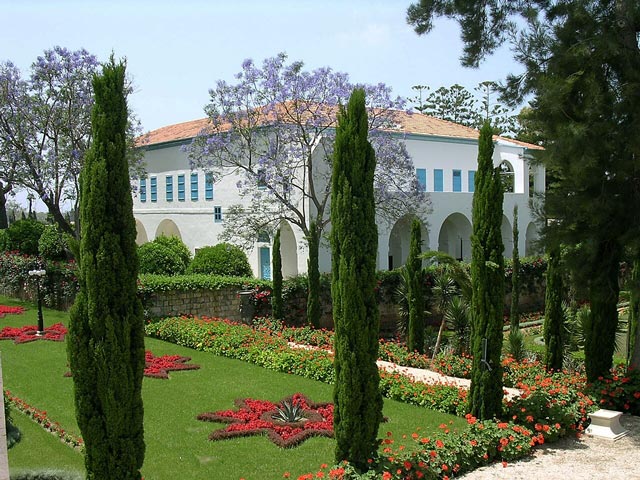

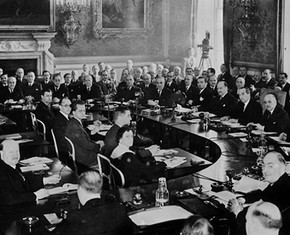
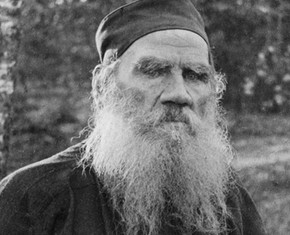
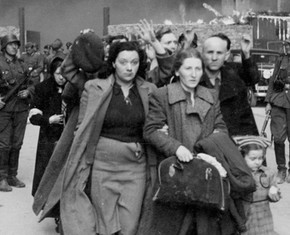









Comments
Sign in or create an account
Continue with Googleor